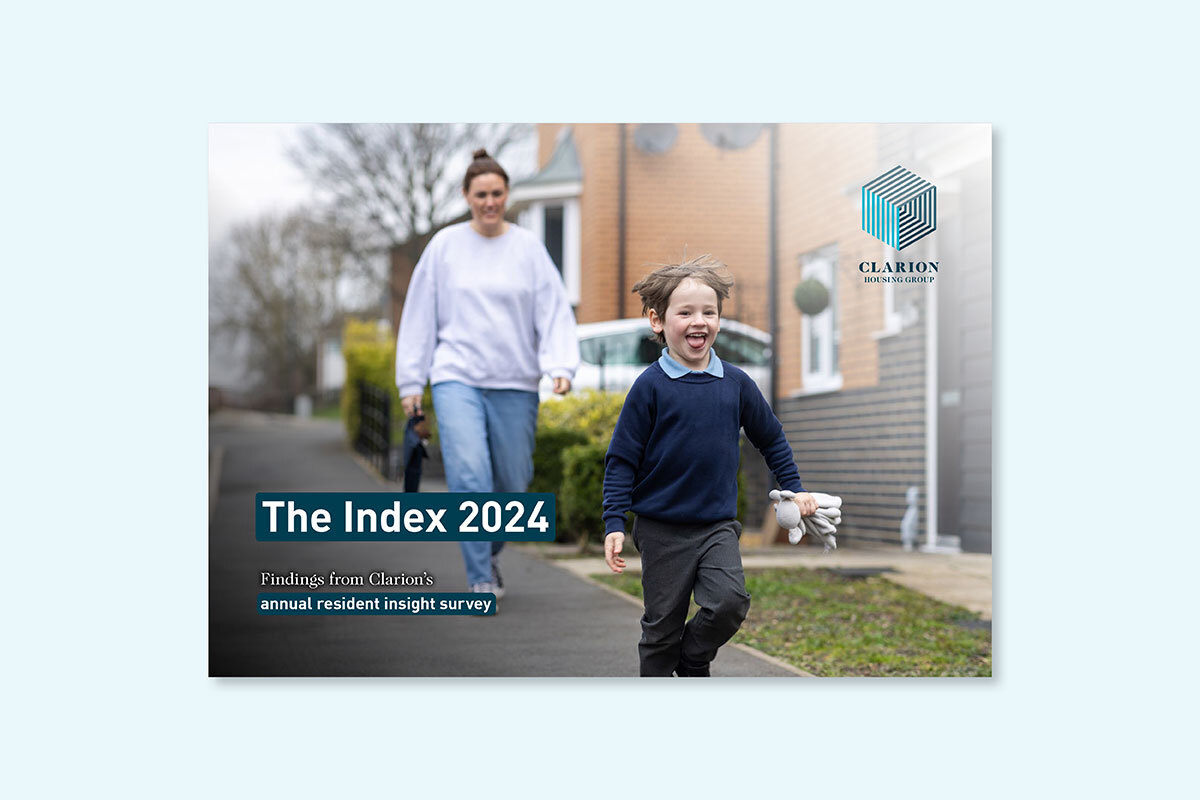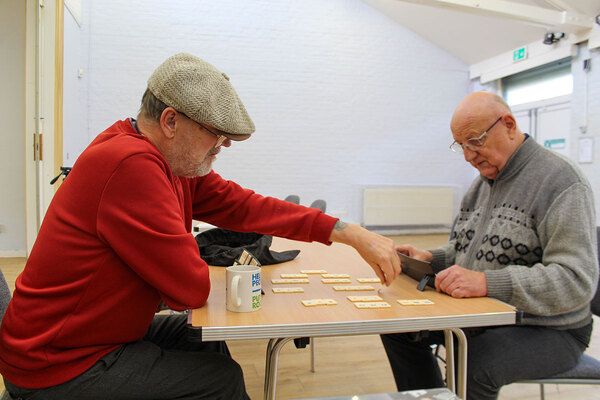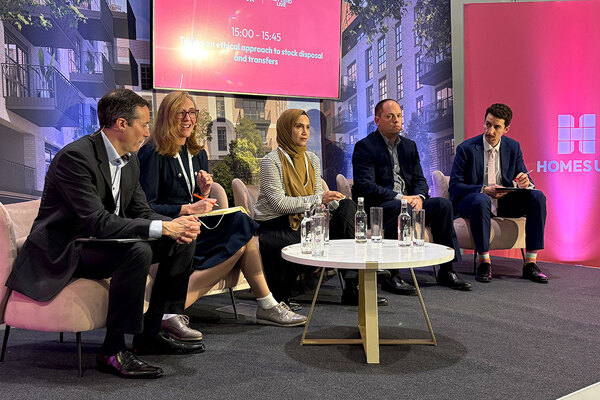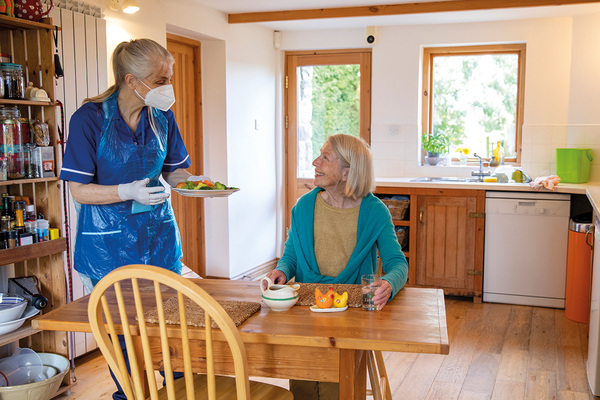Survey by Clarion shows six in 10 residents only have enough for essentials
Cost of living pressures on social housing tenants show some signs of easing, but nearly six in 10 still only have enough for essentials, a new survey has revealed.
The outcome was revealed as part of an annual survey by the UK’s largest landlord that looked at the state of tenants’ finances, health and well-being.
Clarion’s 2024 index, published this week and shared exclusively with Inside Housing, found that 58% of residents run out of money at the end of the month, or only have enough for the essentials, up from 53% last year.
Meanwhile, there has been an decrease in those who said they have money left over to afford some luxuries, down to 35% from 38%.
“There’s been a significant increase in the need for advice and support around money guidance, so we’ve really used the insight to tailor the offers,” explained Michelle Reynolds, chief customer officer at Clarion.
She said the the association has made changes such as providing more emergency support, enhancing digital access support, and making money advice easier to reach directly rather than through the main contact centre.
She added: “The customer accounts team can talk around concerns around money, and they work hand in hand with our money guidance team and triage support of Clarion Futures as well, which is really important.”
The findings come from a representative survey of 2,000 Clarion residents; they were surveyed by phone in May and June 2024.
The results showed that financial pressures still weigh heavily on residents of the housing association, although they do show some signs of easing.
Last year, 74% of residents said they had reduced their heating and energy usage, and this year that has decreased to 62%. In 2023, 64% said they had reduced leisure and social activities – this year fell to 55%.
The survey is the Clarion’s 13th annual, which allows for over a decade of comparative data. At the top line, it found that 83% of residents are satisfied with their neighbourhood and 86% feel they belong. Both of these numbers have stayed consistent since 2017.
However, there is variation in satisfaction by region, neighbourhood type and demographic.
Residents who do not have green space report far lower levels of satisfaction – 71% compared with 89% among those who do have green space. More than a fifth (22%) of residents without green space said they “do not belong”, compared with 11% of those who have green space.
Those who are of working age and in work report 90% feeling of belonging, compared with working-age residents who are not working, at 80%.
Phil Miles, director of Clarion Futures, told Inside Housing: “One of the primary services that we provide through futures is support for our residents and people who live in our local communities to get back to work.
“But unlike, say, the job centre, they’re not mandated to come to a housing association to get support. We have to engage them, we have to gain their trust, and they have to want to work with us.”
The findings on employment are among the most stark in the report. There has been a rise in the number of residents not in employment, particularly those out of work due to disability or long-term health conditions, which is now at 18%, compared with 14% in 2019.
This category has risen both among older people – up to 37% of those aged between 55 and 64 – as well as among the youngest age category. Almost one in 10 (9%) of those aged between 18 and 24 are out of work for health reasons, up from 5% last year.
This has a huge knock-on impact on well-being, as well as finances. A quarter of working-age residents who are not in work said they always or often feel lonely, compared with just 7% of those in work. Similarly, 24% of residents with a disability said they feel lonely, compared with 8% who do not.
This population of tenants with disabilities is fast growing – now 44% of residents, up from 35% in 2019, and growing among both older and younger populations. Among residents who consider themselves to have a disability, one in four (24%) said their homes do not meet their accessibility needs.
“It’s a can opener, so now we’ve got to do some deeper research,” Ms Reynolds said.
“So we’re going back to customers that have said they’ve got a disability and are willing to talk to us more, to understand what can we do to improve access to services, what can we support, or do we need to advocate statutory services.”
Earlier this week, Clarion revealed plans for 60 well-being spaces as part of a new partnership with a charity.
Sign up for our care and support bulletin
Already have an account? Click here to manage your newsletters












